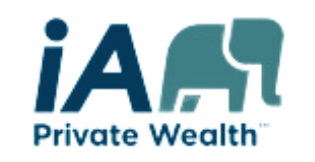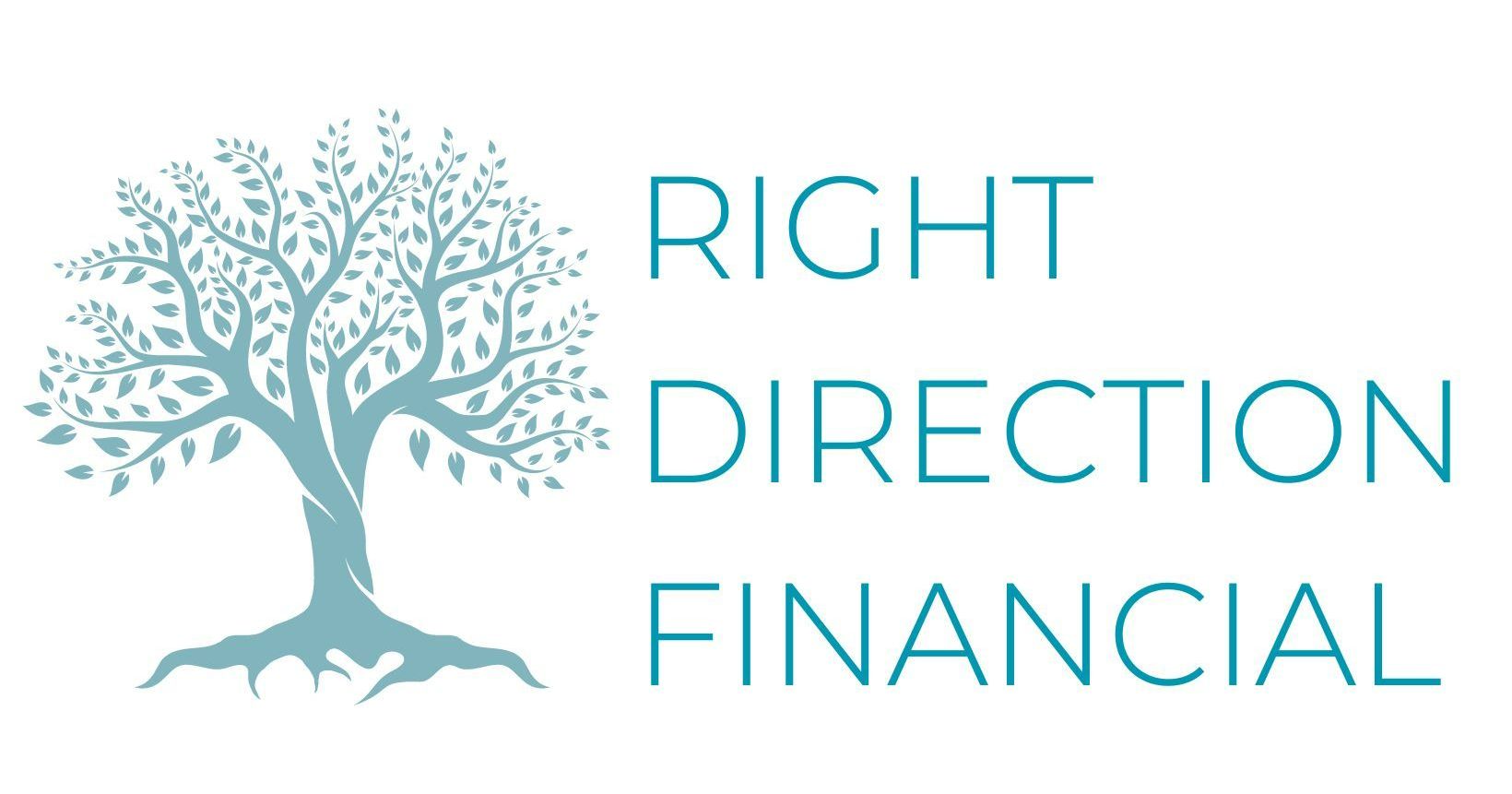Smart Tax Strategies for Women Nearing Retirement in Canada
As a woman nearing retirement in Canada, you’ve likely spent years working hard, saving, and planning for retirement. Now is the time to make the most of your financial resources by implementing smart tax strategies. By maximizing tax efficiency, you can reduce your tax burden and ensure your money lasts longer.
Here are some key tax strategies to consider:
1. Leverage RRSPs for Tax Deferral
A Registered Retirement Savings Plan (RRSP) is one of the most powerful tools for reducing taxable income. Contributions to an RRSP are tax-deductible, meaning you can lower your taxable income while growing your investments tax-free. Some key strategies include:
- Contributing in high-income years to maximize deductions.
- Withdrawing strategically in retirement to minimize taxes.
- Using a spousal RRSP to split income with a lower-earning spouse.
2. Maximize TFSA Contributions
A Tax-Free Savings Account (TFSA) allows your investments to grow tax-free, and withdrawals are not taxed. This makes it an excellent vehicle for tax-efficient investing. Consider these TFSA tips:
- Max out your annual contribution limit ($7,000 for 2024, with potential carry-forward room if you haven’t contributed in past years).
- Invest for long-term growth since gains aren’t taxed.
- Use your TFSA for withdrawals in retirement to avoid impacting income-tested benefits like Old Age Security (OAS).
3. Take Advantage of Pension Income Splitting
If you receive eligible pension income, you can split up to 50% of it with your spouse, reducing the overall tax burden. This can be especially beneficial if one spouse has a significantly higher income, helping to balance tax brackets and reduce the likelihood of OAS clawbacks.
4. Be Mindful of Old Age Security (OAS) Clawback
The OAS pension is subject to a recovery tax (clawback) if your income exceeds a certain threshold ($90,997 for 2024). To avoid losing part of your OAS, consider:
- Withdrawing from a TFSA instead of an RRSP or RRIF, as TFSA withdrawals are not counted as income.
- Splitting pension income with your spouse.
- Managing withdrawals from investment accounts strategically.
5. Utilize the Age Amount and Pension Income Tax Credit
Once you turn 65, you may qualify for additional tax credits, including:
- The Age Amount Tax Credit, which provides a non-refundable credit if your income is below a certain threshold.
- The Pension Income Credit, allowing a deduction of up to $2,000 of eligible pension income.
6. Charitable Giving for Tax Savings
If you regularly donate to charity, you can claim a charitable donation tax credit, which can reduce your tax payable. Donating publicly traded securities can also provide additional tax advantages by avoiding capital gains taxes.
7. Consider Alternative Income Streams
If you’re still earning income through part-time work, freelancing, or investments, explore tax-efficient strategies such as:
- Incorporating your business if you have significant self-employment income.
- Taking advantage of home office deductions if you work from home.
- Investing in dividend-paying stocks, as Canadian dividends receive preferential tax treatment.
Final Thoughts
Tax planning is an essential part of securing your financial future. By utilizing RRSPs, TFSAs, pension splitting, and other tax-efficient strategies, you can keep more of your hard-earned money and enjoy a comfortable retirement. Consulting a tax professional can help ensure you’re making the best decisions based on your unique financial situation.
Sources:
www.canada.ca
www.msn.ca
Follow Us
iA Private Wealth Inc. is a member of the Canadian Investor Protection Fund and the Canadian Investment Regulatory Organization. iA Private Wealth is a trademark and a business name under which iA Private Wealth Inc. operates.
This is not an official website or publication of iA Private Wealth and the information and opinions contained herein do not necessarily reflect the opinion of iA Private Wealth. The particulars contained on this website were obtained from various sources which are believed to be reliable, but no representation or warranty, express or implied, is made by iA Private Wealth, its affiliates, employees, agents or any other person as to its accuracy, completeness or correctness. Furthermore, this website is provided for information purposes only and is not construed as an offer or solicitation for the sale or purchase of securities. The information contained herein may not apply to all types of investors. The Investment Advisor can open accounts only in the provinces where they are registered.
Products and services provided by third parties, including by way of referral, are fully independent of those provided by iA Private Wealth Inc. Products offered directly through iA Private Wealth Inc. are covered by the Canadian Investor Protection Fund, subject to exception. iA Private Wealth Inc. does not warrant the quality, reliability or accuracy of the products or services of third parties. Please speak to your advisor if you have any questions.
All Rights Reserved | Right Direction Financial
Proudly built and managed by Sommer Digital Inc.


















